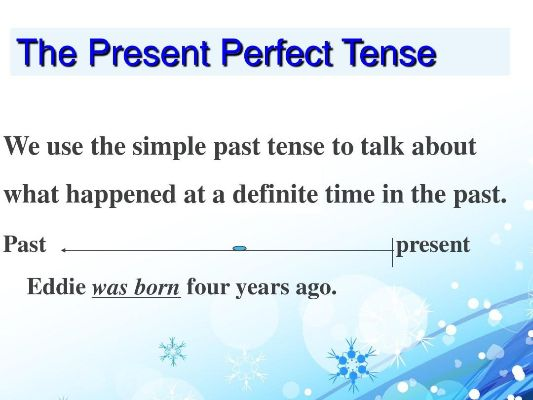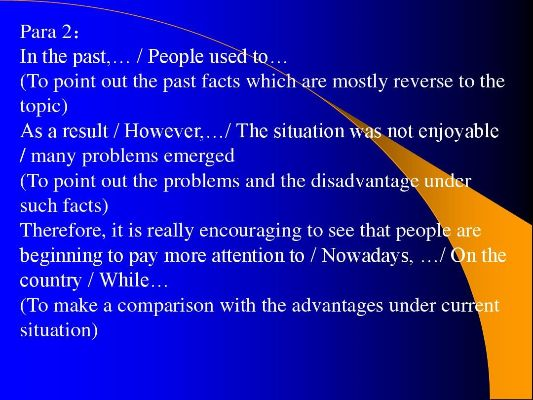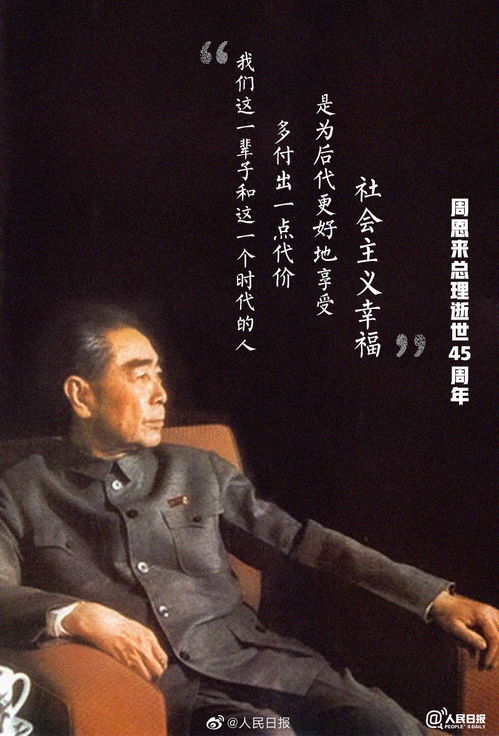This text focuses on the past tense of the verb "perform" and its implications. It explores how the past tense is used to describe actions or events that have already taken place in the past. The implications may involve reflecting on past performances, analyzing their outcomes, or considering the lessons learned. Understanding the past tense of "perform" can help in accurately recounting and evaluating past experiences, which can in turn inform future actions and decision-making. It allows for a more comprehensive understanding of how actions unfold over time and the significance they hold in the context of history and personal growth.
In the English language, the past tense of the verb "perform" is "performed". This simple morphological change holds significant importance and has various implications in different contexts.
The act of performing itself is a dynamic and multi-faceted activity. It can refer to a wide range of actions, such as giving a musical performance, presenting a play, executing a scientific experiment, or fulfilling a task or duty. When we talk about the past tense of "perform", we are referring to an action that has already taken place in the past.
For example, a musician might say, "I performed a beautiful concerto last night at the concert hall." Here, the use of the past tense emphasizes that the performance has occurred and is now in the realm of the past. It allows the musician to convey a sense of accomplishment and回忆of the event. Similarly, an actor might say, "I performed in a critically acclaimed play last week." The past tense helps to situate the performance in a specific time frame and highlights its significance.
In a more general sense, the past tense of "perform" can also be used to describe historical or past events. Historians might write, "The ancient Greeks performed elaborate religious ceremonies." This usage helps to bring the past to life and gives us a better understanding of the culture and practices of a bygone era.
Moreover, the past tense of "perform" is often used in storytelling and narration. When we tell a story, we use the past tense to describe the events that unfolded. For instance, "The hero performed heroic deeds to save the city from the invaders." This helps to create a sense of drama and engage the listener or reader.
In addition to its use in describing individual actions and events, the past tense of "perform" can also have implications for analysis and evaluation. After a performance has taken place, we can reflect on it and assess its quality. We might say, "The orchestra performed admirably, but there were a few technical glitches." This type of analysis helps to improve future performances and enhance our understanding of what makes a successful performance.
In the context of work and business, the past tense of "perform" can be used to evaluate employee performance. Managers might say, "John performed well on this project, but he needs to work on his time management skills." This feedback can help employees to improve and grow in their careers.
Furthermore, the past tense of "perform" can also be used in the context of learning and education. When students study history or literature, they encounter the past tense of "perform" in describing the actions and achievements of historical figures. This helps them to develop a sense of perspective and understanding of the past.
In conclusion, the past tense of "perform" is a fundamental part of the English language and has important implications in many different areas. It allows us to describe past actions, events, and experiences, and to analyze and evaluate them. Whether in the realm of art, history, storytelling, work, or education, the past tense of "perform" helps us to make sense of the world around us and to learn from our past.








 京公网安备冀I陇ICP备2022000946号-1
京公网安备冀I陇ICP备2022000946号-1
还没有评论,来说两句吧...